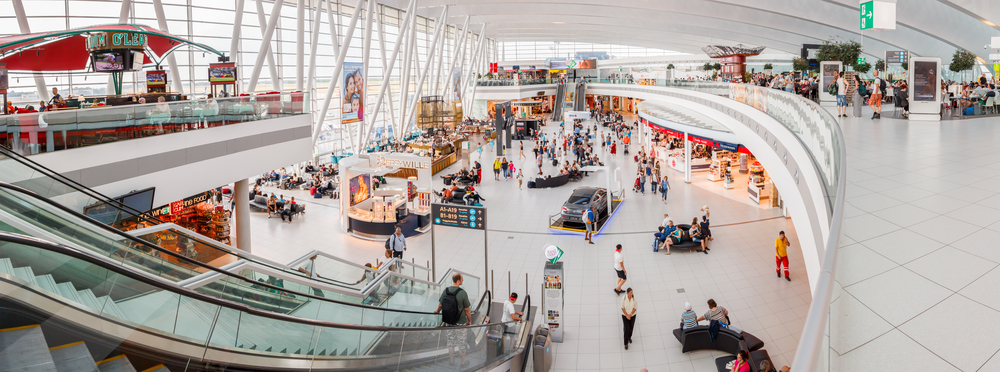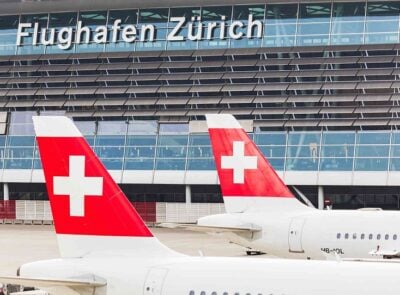
Virgin Atlantic is the latest airline to introduce a ‘green tax’ on airfares. This environmental levy, which is a response to the rising costs of alternative fuels, is expected to come into effect over the next 18 months.
This move follows in the footsteps of Lufthansa, Swiss, and other members of the Lufthansa Group, which recently added a passenger surcharge of up to €72 (AU$115) across all flights departing from the European Union, the UK, Norway, and Switzerland from January 1, 2025.
The Rising Costs of Sustainable Aviation Fuel
In an interview with The Telegraph, Virgin Atlantic Chief Shai Weiss stated, “Prices will have to go up to account for the fact that flying with SAF (Sustainable Aviation Fuel) in greater and greater volumes is materially more expensive.”
While Virgin’s fee is yet to be revealed, Weiss has previously suggested it could be as high as £40 per flight. In comparison, the Lufthansa Group’s surcharge varies from €1 to €72, depending on the route and travel class.
The Impact of the EU’s Mandatory SAF Blending Quota
The ‘environmental cost surcharge’ has been made necessary by EU-mandated measures such as a ‘statutory blending quota’ for SAF for departures from European Union countries from January 2025. The EU’s “mandatory SAF blending quota” requires 2% of all jet fuel to contain SAF from 2025, increasing to 6% from 2030, then jumping to 20% from 2035 and 70% from 2050. The UK’s mandate requires a minimum of 2% from 2025, rising to 10% from 2030.
These costs could increase as the years roll on, and it’s expected that more airlines across Europe and the United Kingdom will follow suit and pass on this legislated cost to passengers.
With Virgin Atlantic joining the movement, the future of air travel will become greener, albeit at a higher cost to passengers. However, this move signifies a significant step towards a more sustainable future for the aviation industry.



 share
share



















 Switzerland’s major airports in Zurich and Geneva were paralyzed today, halting all landings and takeoffs after the air traffic control service Skyguide grounded all flights ...
Switzerland’s major airports in Zurich and Geneva were paralyzed today, halting all landings and takeoffs after the air traffic control service Skyguide grounded all flights ... 






















